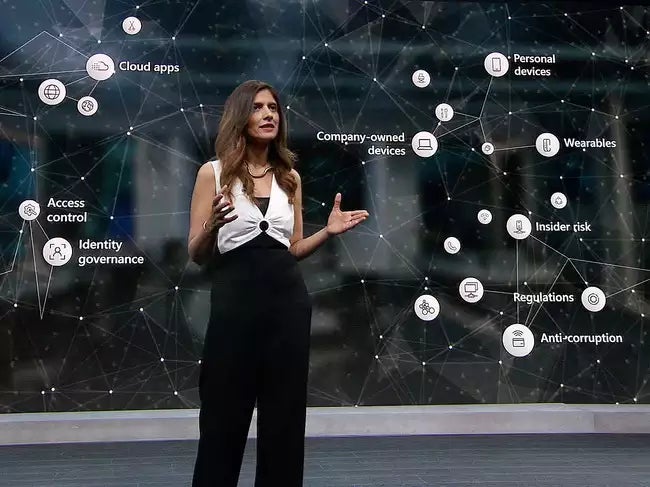
Microsoft is raising the bar in the cybersecurity game with a new wave of AI-driven security agents. The company announced an expansion of its Microsoft Security Copilot, introducing six AI agents designed to tackle cyber threats head-on. These agents, set to launch in April 2025, will assist overwhelmed security teams in handling phishing attacks, data breaches, and identity threats.
Cyberattacks have reached unprecedented levels, with Microsoft detecting more than 30 billion phishing emails in 2024 and tracking 7,000 password attacks every second. The new Security Copilot agents aim to ease the burden on cybersecurity teams by automating threat detection and response, enabling faster and more effective protection.
SEE: Next-Gen AI: Latest Microsoft and NVIDIA Collaboration is a ‘Significant Leap Forward’
AI agents to the rescue
The new Microsoft Security Copilot agents include:
- Phishing triage agent: Filters phishing alerts, reducing false alarms.
- Alert triage agents: Prioritizes insider risk alerts for faster response.
- Conditional access optimization agent: Spots security gaps in identity systems.
- Vulnerability remediation agent: Fixes vulnerabilities and speeds up system patches.
- Threat intelligence briefing agent: Provides real-time security insights tailored to an organization’s risks.
Alongside Microsoft’s native tools, five partner companies — OneTrust, Aviatrix, BlueVoyant, Tanium, and Fletch — are launching integrated security tools within the Security Copilot framework. These collaborative tools will help businesses analyze data breaches, optimize security operations, and prevent cyber risks more effectively.
Strengthening AI security
With AI adoption booming, the associated security challenges are, too. A Microsoft report found that 57% of organizations have experienced security incidents due to AI usage, yet 60% still lack a formal AI security strategy. In response, Microsoft is launching new security controls to protect AI models, detect emerging threats, and prevent data leaks.
SEE: Is Microsoft in Hot Water With The FTC Over AI Operations Antitrust Issues?
For instance, Microsoft Defender will introduce advanced posture management tools to protect AI models across cloud platforms including Azure, AWS, and Google Cloud. The company is also enhancing Microsoft Teams with robust phishing protection, ensuring that malicious links and attachments are flagged before they pose a risk.
AI and cybersecurity go hand-in-hand
Microsoft’s latest move reinforces the idea that AI isn’t just something businesses need to protect — it’s a critical line of defense against cyber threats. By offloading routine security tasks to intelligent agents, cybersecurity professionals can focus their efforts on identifying and neutralizing sophisticated, high-impact attacks.


